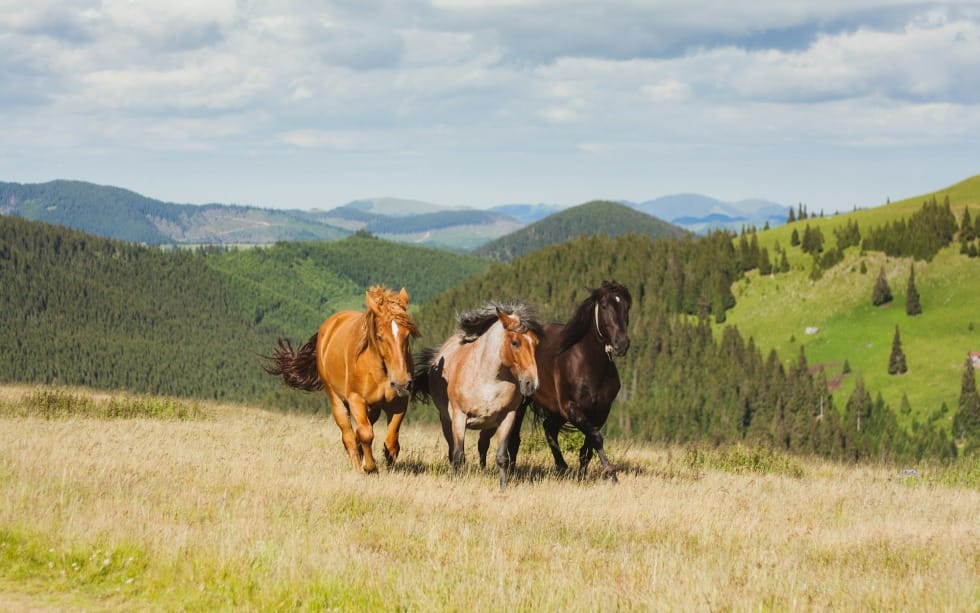Run With The Horses (Jeremiah 11-17)
Ever feel like life is more than you can handle? Jeremiah 12 shows us how God strengthens us for what’s ahead.

Jeremiah 11-17
Today's Scripture Passage
A Few Thoughts to Consider
Have you ever felt like you have more than you can handle?
In Jeremiah 12, Jeremiah and God have a blunt conversation. Jeremiah begins with a lament and a complaint about the prosperity of the wicked and the suffering of the righteous. Keep in mind this conversation likely takes place during a period of national distress and moral decay in Judah, reflecting the broader context of the approaching Babylonian exile. In Verse 1, Jeremiah makes a case to God we see repeated by many Old Testament authors. He says,
You will be righteous, Lord,
even if I bring a case against you.
Yet, I wish to contend with you:
Why does the way of the wicked prosper?
Why do all the treacherous live at ease?
The English poet Gerard Manley Hopkins uses this verse as the epigraph to one of his sonnets and writes:
Thou art indeed just, Lord, if I contend
With thee; but, sir, so what I plead is just.
Why do sinners’ ways prosper? and why must
Disappointment all I endeavour end?[1]
“Like Jeremiah,” John Goldingay writes, “Hopkins is respectful but direct, tortured but still pleading. He writes the sonnet just before his death, when he is perhaps disappointed with his life and work, which suggests another parallel with Jeremiah. In both cases, their questions are personal ones.”[2] It’s the same question many continue to ask today. Essentially, if God is so good and grand, why is there so much injustice and suffering? And why do those who love him, like Jeremiah, seem to suffer the worst?
Jeremiah goes on to say in Verse 3, “As for you, LORD, you know me; you see me. You test whether my heart is with you.” In other words, “God, can’t you see that I’ve been faithful to you? Then why do you allow me and your people to continue to suffer?”
This is when God responds in Verse 5 with these words: “If you have raced with runners and they have worn you out, how can you compete with horses? If you stumble in a peaceful land, what will you do in the thickets of the Jordan?” Goldingay notes, “The thick bushes and trees that grow in abundance along the Jordan banks, nurtured by the swell when the Jordan rises high and providing cover for prowling lions (49:19; 50:44). It will not be like hiking through easy country like the mountain ridge where he lives. In this second line, literal reality pokes through.” [3] Michael Brown paraphrases God’s response this way:
Jeremiah, you, a righteous man, do good and suffer for it at the hands of the prospering, thriving wicked, and because of this you question the way I run the universe? It’s a lot deeper than this! The apparent injustices and inequities that exist in the world are a lot bigger than the things you have suffered to date—and it’s only going to get harder. So, if this is wearing you out—the first stage of the race, the early stage of the battle, the easiest phase of the conflict—what is going to happen when things really heat up? Will you trust me then?[4]
This is one of the greatest lessons followers of Christ can ever learn. When God brings or allows hard times, these are not evidence of his lack of care. They are evidence that he is shaping us for something grander than we can see. He’s preparing us for something greater—either in this world or the one to come. If we falter now, we will undoubtedly falter when life gets more challenging. But if we cling tight to God, our faith will increase, and we will be able to handle the tougher battles ahead.





